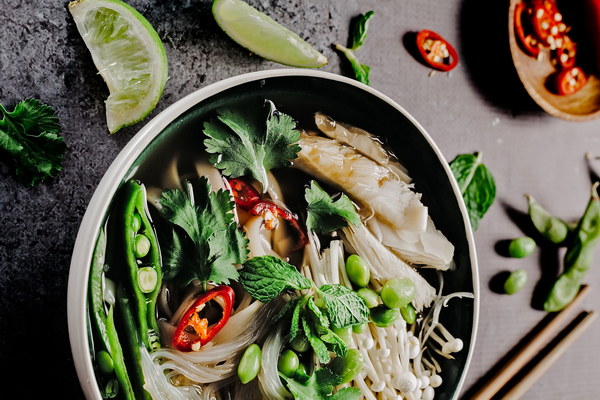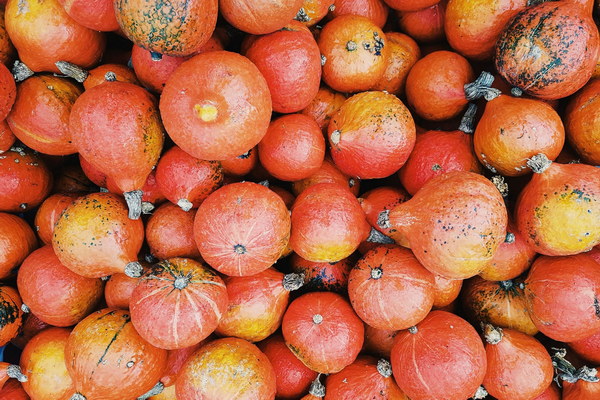Revitalizing Your Lungs A Guide to Lung-Q Deficiency Herbal Diet
Introduction:
Lung-Q Deficiency is a common condition characterized by weakness, fatigue, and respiratory problems. It occurs when the lung function is compromised, leading to an imbalance in the body's Qi, or vital energy. To combat this deficiency, traditional Chinese medicine (TCM) offers a variety of herbal remedies and dietary adjustments. This article will delve into the concept of lung-Q deficiency, explore the benefits of herbal diet, and provide you with a comprehensive guide to incorporate these remedies into your daily life.
Understanding Lung-Q Deficiency:
In TCM, the lung is responsible for the body's defense mechanisms, the production of Qi, and the regulation of fluids. When lung-Q is deficient, the body becomes vulnerable to external pathogens, leading to frequent colds, flu, and respiratory infections. Symptoms of lung-Q deficiency include:
1. Weakness and fatigue
2. Shortness of breath
3. Chronic cough
4. Easy bruising or bleeding

5. Dry skin and hair
6. Sore throat and hoarseness
Herbal Diet for Lung-Q Deficiency:
Herbal diet plays a crucial role in addressing lung-Q deficiency. TCM utilizes a combination of herbs, spices, and foods that help strengthen the lungs, enhance Qi, and improve overall health. Here's a guide to incorporating these natural remedies into your daily life:
1. Astragalus (Huang Qi):
Astragalus is a well-known herb in TCM for its immune-boosting properties. It helps to fortify the lungs and enhance Qi. To incorporate astragalus into your diet, you can use it in soups, stews, or as a tea.
2. Goji Berries (Gou Qi Zi):
Goji berries are rich in antioxidants and have a nourishing effect on the lungs. They can be eaten raw, added to salads, or blended into smoothies.
3. Licorice Root (Gan Cao):
Licorice root is a popular herb in TCM for its ability to harmonize the body's Yin and Yang. It helps to soothe the throat and alleviate coughing. You can consume licorice root in tea form or as a supplement.
4. Honey:
Honey is a natural cough suppressant and has antibacterial properties. Adding a spoonful of honey to your tea can help alleviate coughing and soothe your throat.
5. Ginger (Sheng Jiang):
Ginger is known for its warming properties, which can help to expel cold and relieve respiratory congestion. Add fresh ginger to soups, teas, or as a spice in your cooking.
6. Mushrooms:
Mushrooms, such as reishi (Ling Zhi) and maitake (Houttuynia), are excellent for enhancing lung function and boosting the immune system. These mushrooms can be added to soups, stews, or sautéed with vegetables.
7. Nourishing Foods:
Incorporate foods that are rich in vitamins, minerals, and antioxidants to support lung health. These include:
- Apples: High in antioxidants and vitamin C, which can help to boost the immune system.
- Onions and garlic: These foods have antibacterial and anti-inflammatory properties.
- Quinoa: A complete protein that provides energy and helps to strengthen the body's defenses.
- Green leafy vegetables: Rich in vitamins A and C, which are essential for lung health.
Conclusion:
Lung-Q Deficiency is a common condition that can significantly impact your quality of life. By incorporating herbal remedies and a nourishing diet into your daily routine, you can help strengthen your lungs, enhance Qi, and improve overall health. Consult with a qualified TCM practitioner to determine the best herbal remedies and dietary adjustments for your specific needs. Remember, a healthy lifestyle and a balanced diet are key to maintaining optimal lung function.









